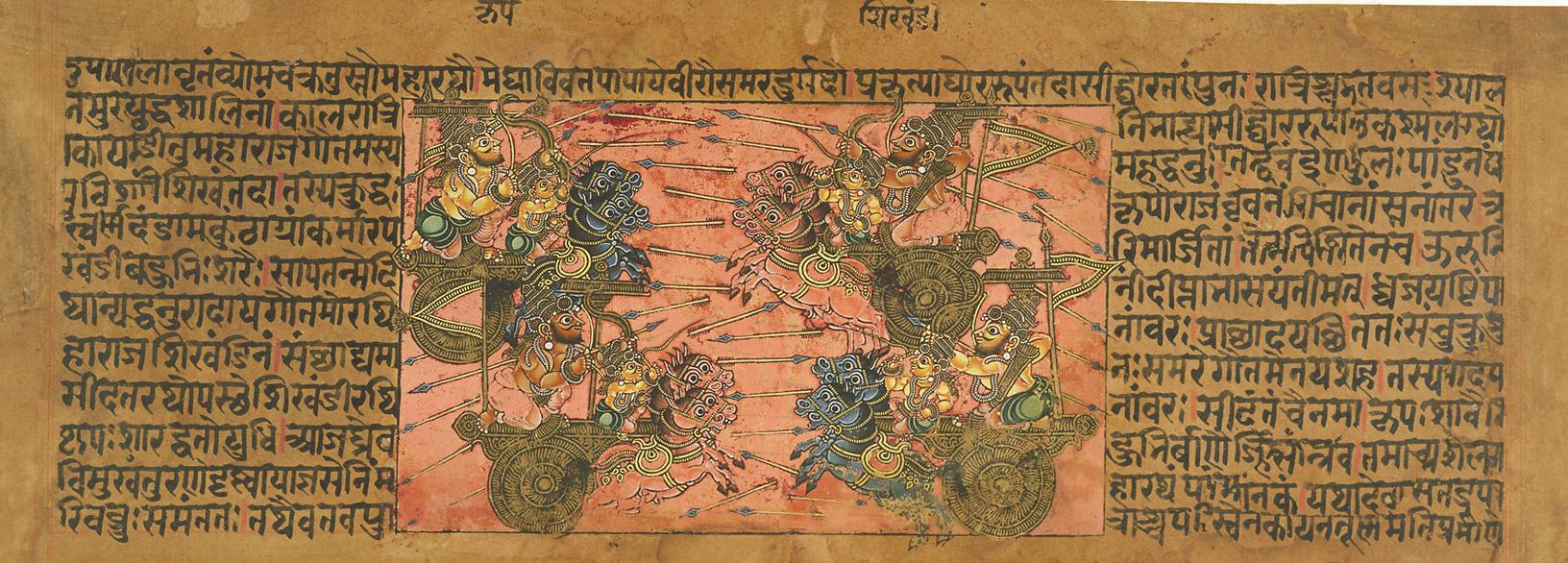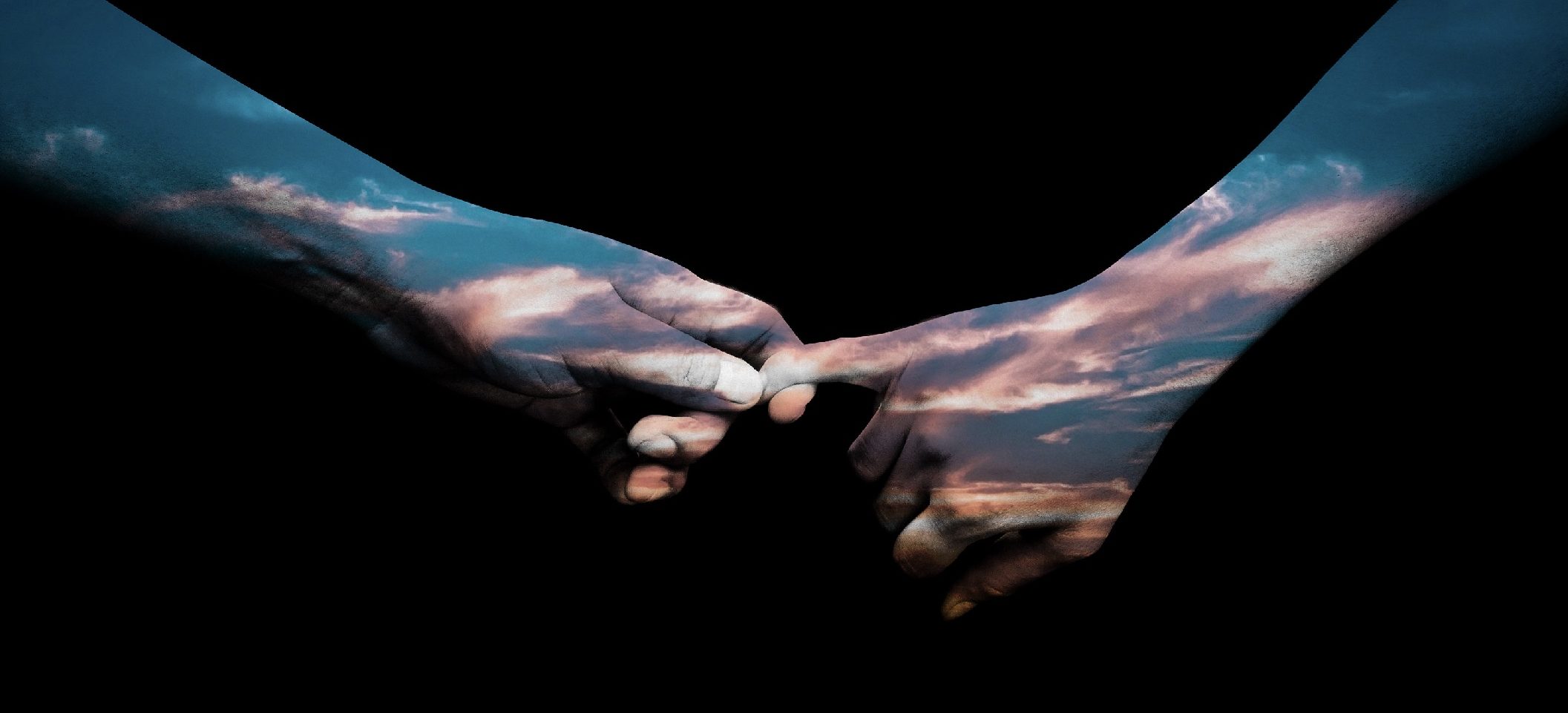The Galle Face promenade in Colombo, Sri Lanka is frequented by couples who cover their heads with umbrellas and shawls. Shuffling feet and sideways glances create an air of nervous watchfulness. The occupants of Galle Face aren’t just hiding the kissing, hand holding, and fondling; they are also hiding their faces. The Promenade has become a haven for young lovers in Sri Lanka, a place where couples benefit from the anonymity of a crowd and pursue relationships that their society might be hesitant to openly accept.
Forbidden love occupies a special place in South Asian popular culture, but the grandeur and romance depicted in films and novels is typically unavailable to real couples. While most parents ardently root for Rahul and Anjali, the star-crossed lovers in the film Kabhi Kushi Kabhi Gham, or Aishwarya and Murugan, the tragic inter-caste lovers in Kaadhal, they are far less likely to support their own children who pursue non-traditional marriages. Despite adversity, though, forbidden lovers in South Asia continue to meet, fall in love, and even marry.
The Personal and the Political
Jahnavi* married her husband Chatura* without the pomp and ceremony typical of a Sri Lankan wedding. They were quietly married in the presence of Jahnavi’s mother and a few friends; Chatura’s family refused to attend after their attempts to stop the wedding were unsuccessful. Jahnavi is a Christian Tamil and Chatura is a Sinhalese Buddhist. Theirs is an uncommon union in a racially prejudiced Sri Lanka. In an interview with the HPR, Jahnavi spoke about the unique status marriage occupies in her society. “Racism is a funny thing” she said, explaining that “there was no opposition to our friendship, but when we fell in love, it became a problem.”
In much of South Asia, political contexts influence opinions about what constitutes an appropriate marriage. During Sri Lanka’s civil war, a predominantly Sinhalese government battled a Tamil guerilla group, and that conflict informed the prejudices that Chatura’s family feel toward Tamils like Jahnavi. Jahnavi, half-jokingly, recounted an example of the prejudice she and Chatura routinely encounter — upon seeing her Tamil identity card, a checkpoint officer who Jahnavi described as “extremely honest” turned to Chatura and asked, “was there nobody else for you to marry?” Political contexts do change, though: Sri Lanka’s civil war has been over for almost ten years, and recent waves of Islamophobic rioting have diverted attention away from anti-Tamil sentiment, meaning that marriages between Buddhists and Muslims are considered more scandalous today.
Islamophobia impacts marriage in India too, where the disturbing notion of love jihad — the baseless myth that Muslim men convert Hindu women by feigning love for them — is spreading. The myth is widely promoted by the RSS, a Hindu nationalist organization and close ally of Prime Minister Modi’s BJP party. Sanjay Sachdev is the chairperson of Love Commandos, an organization that provides secret shelters and legal aid to persecuted lovers. In an interview with the HPR, he dismissed love jihad as “bullshit,” arguing that the fear-mongering around inter-religious marriages is a symptom of “growing Hindu fundamentalism.” But Sachdev believes that the entire system is to blame. “Police target couples in bars and on the road” says Sachdev, and “the police connive with families.” Violence against couples is not legally permissible, yet village councils called the Gram Panchayats — or as Sachdev calls them, mobs — and their Pakistani counterparts, Jirgas, frequently facilitate the murder of disobedient couples. Central governments are unable and often unwilling to exert control over these institutions. “A single Panchayat has never been arrested” said Sachdev, “if they had, this social evil would be eradicated.” But Sachdev still thinks it’s parental mindsets that require the most transformation. “The biggest problem is that parents think children are their property.” With arranged marriage still the norm, love marriages that ignore social divisions are vilified as dishonorable and untraditional.
Traditions of Rebellion
Yet elopement and love marriages are not new phenomena in South Asian culture. Shakuntala and Dushyanta’s marriage in the epic Mahabharata, an ancient text that is proudly paraded by fundamentalists, was based on love and not tradition. They shared one of the eight Hindu marriage types, Gandharva marriage, which is specifically reserved for couples who fall in love without the consent of their parents. Traditional Gandharva marriage is surprisingly radical: the union is valid even if no one is present at the wedding.

Art depicting a portion of the Sanskrit epic “Mahabharata.”
While violent repercussions like honor killings are a shocking reality for many, Jahnavi believes that more mundane consequences, like decaying family relationships, can leave permanent scars too. In South Asian families, grandparents play a crucial role in the child rearing process. “I think a lot of the problems [with Chatura’s family] happened after we had our daughter” Jahnavi explained, as his parents intervened to influence “how the children were brought up, [and] what religions and languages” they were exposed to. When Jahnavi and Chatura’s daughter wore a pottu — a traditional Tamil head decoration — her Sinhalese grandfather reprimanded her, saying that “nobody in our house wears pottu” and that she wasn’t to wear it again. While Jahnavi learned to ignore their prejudices, she confronted her in-laws when their views began to affect her children. “Actually” Jahnavi explained, “I think that when people of mixed marriages are left to their own, the marriages will probably work.” Despite the emotional skirmishes, though, Jahnavi says she would still recommend pursuing mixed marriages: “When you feel it’s you and [your partner] against the world, there is a kind of bond that’s really very strong.”
Like Jahnavi, Asma* also thinks her marriage to Salim* was worth it. A young woman from Pakistan, Asma converted to Christianity before marrying Salim. In an interview with the HPR, she explained how she was starved by her family and finally decided to leave her family and her country in order to marry Salim. “I was afraid they would kill me” she recalled. They received no help from the government or the police. In fact, they had to travel separately in order to avoid raising suspicions. “Sometimes parents complain and [the police] get you at the airport … it was by the grace of God that we made it out.” Asma feels that South Asian parents tend to be more controlling about their daughters’ marriages than their sons.’ “As a female, it’s very difficult” she said, “but Salim’s family was very welcoming. I didn’t feel that I had lost my parents.”
Empowered or Endangered? Women in Clandestine Marriages
In fact, love marriages may actually be an indicator of increasing agency and independence for women. In her book India in Love, Ira Trivedi points to urbanization and new forms of technology as major factors contributing to a sexual and marital revolution in India. In an interview with the HPR, Ira Trivedi said that, in love marriages, “the relationship [between husband and wife] is more equal because they have decided to make their own choice.” She believes that women in love marriages are more likely to consider their husband a partner than are women in arranged marriages. Trivedi is optimistic about the future of this revolution — this, she feels, “is the generation that is breaking through the norm of arranged marriages.”
But clandestine marriages may not be a source of empowerment for all women. Sarita, a Nepalese woman who participated in a study conducted by researcher Rhajesh Bhusal, regrets leaving her family for love. In the study, Sarita explains that she now lives with her husband’s parents, who have not completely accepted their marriage. Sarita’s story echoes that in the ‘curse of the mummyji’, a cinematic theme about judgmental, manipulative, and even evil mothers-in-law. In Jodhaa Akbar, a film about a historic interfaith couple, Akbar’s mother schemes against her new daughter-in-law, restricting Jodhaa’s use of the kitchen and thus her ability to fulfill her duties as a wife. Sarita shares how her own mother-in-law employed a similar strategy: “I passed many days without food, since I was not allowed to enter into the kitchen during the very first days of my marriage,” she recounts. Estranged from their friends and family, women like Sarita become dangerously dependent on their husbands for financial stability and emotional support, putting them at risk of abuse and mistreatment. Moreover, because they are in hiding, they feel a justified mistrust of authority, making the police and courts unfeasible avenues of escape.
Sexuality, Stigmatization
Inter-religious and intercaste marriages are certainly dangerous, but perhaps most vulnerable are the LGBTQ couples who pursue love marriages. In an interview with the HPR, Damith Chandimal, a gay Sri Lankan and an activist at Venasa Transgender Network, described his experiences with activism and sexuality. “In the village, I never had the idea of being an activist,” he says, but “when I moved, it had an impact.” Chandimal feels that moving to the country’s capital, Colombo, allowed him to express his sexuality more freely. Most LGBTQ organizations are based in Colombo, as in the rest of the country activists often face threats from politicians, media defamation, and police raids. But even the task of finding love as a gay Sri Lankan can be difficult. Galle Face, a haven for other forbidden lovers, is not so welcoming for Chandimal. “They were laughing at us,” he said of his visit to Galle Face, and so “we also started laughing.” Interestingly, Sri Lankans tend to treat homosexuality less as a sin and more as an oddity. Chandimal thinks this ambivalent attitude has emerged partly because Buddhist philosophy is not explicitly opposed to homosexuality. “Families just ignore” their children’s sexualities, he said; he hasn’t explicitly come out to his own family.
New types of technology can be particularly useful for LGBTQ couples. The HPR spoke with Sriyal Nilanka of EQUAL GROUND, an LGBTQ advocacy group. Nilanka described his own experience: “There was a system where I would have one person’s number, and we would have sex, and then we would exchange numbers of other people. Friends would exchange numbers.” Technology provides LGBTQ individuals with a space in which to pursue sex and romance while preserving their anonymity — a crucial requirement for many relationships. Without anonymity, LGBTQ Sri Lankans face extensive risks; Nilanka explained that if “someone finds out I’m gay, they [will] want to take some legal action or tell the police to harass me. These people solicit sex and then throw you in jail.” Nilanka finds that maintaining secret relationships in South Asia is particularly difficult because most young people live with their parents until marriage. Furthermore, the pressure to marry makes it difficult to hide one’s sexuality for long. Nilanka thinks that pursuing love is particularly difficult for lesbians, as marrying a man is the only choice most women have for financial stability. These women, Sriyal explains, “haven’t been given the opportunity to be independent or have a formal education, so how,” he asks, “can they break away from that? How can they support themselves?”
Given the risks of choosing to love in South Asia, it is surprising that so many people continue to attempt it. Many couples, if they could, would now opt out of their clandestine relationships, and many others know they will only be together for a little while before being pushed into conventional marriages. But there are those who risk everything in the confidence that they can build a better life together and don’t regret it. Romanticized in popular culture and stigmatized in real life, these lovers are deaf or indifferent to the voice of reason and the language of boundaries.
*These names have been changed to protect the anonymity of the individuals interviewed.
